For help, advice and telephone ordering call our team on 0121 666 6646
Are you sure you wish to delete this basket?()
This action cannot be undone.
Sorry, something went wrong
Please report the problem here.
World Autism Day: effective strategies for supporting autistic children in the classroom
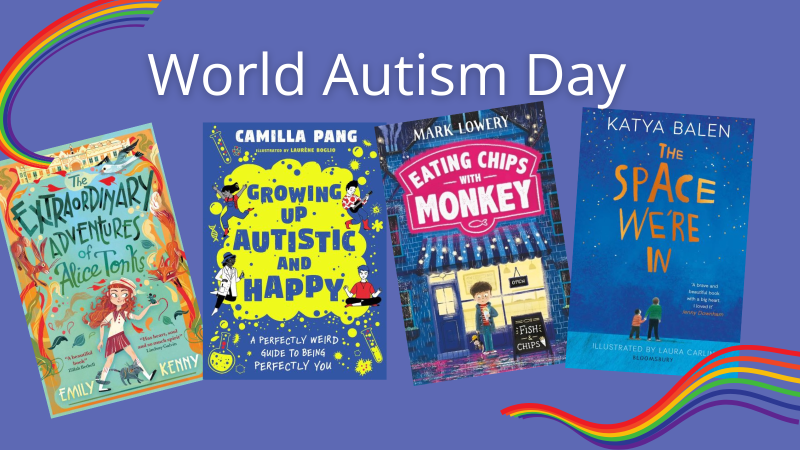
March 25th 2024
This World Autism Day, our Curriculum Advisor and former primary school teacher Zeena shares her thoughts on supporting children with autism in the classroom, particularly in mainstream settings. Here are some helpful strategies that teachers can employ to create an inclusive and enriching learning environment:
1. Understand autismTeachers should familiarise themselves with the distinctive needs of autism. Recognise that autism is a lifelong condition affecting an individual’s perception, communication, and interactions. While all learners with autism share certain characteristics, each pupil’s experience is unique. Understanding how autism specifically impacts the child you’re supporting is essential. |
|
2. Create an autism-friendly environment |
|
The sensory touch tags beanbag offer a comfortable space for fidgety hands, and the sensory touch tag carry cushions are lightweight and great for both indoor and outdoor activities.
3. Communication and social interaction
|
|
4. Individualised support
5. Collaborate with parents and specialists
|
|
|
|
6. Promote social inclusion
7. Book recommendationsExpand your library collection to include Peters' top 10 titles which deal with autism in a positive way, which include reading books for SEND pupils and offer a range of perspectives on neurodiversity. Books can play an important role in raising awareness and promoting children's understanding of their peers. Hence, including a selection of inclusive books and childrens books about diversity is important. Remember, every child with autism is unique, and their needs may vary. Flexibility, patience, and a compassionate approach are essential for creating an inclusive classroom where all children and young people thrive. |
Browse inclusive books for World Autism Day:
 |
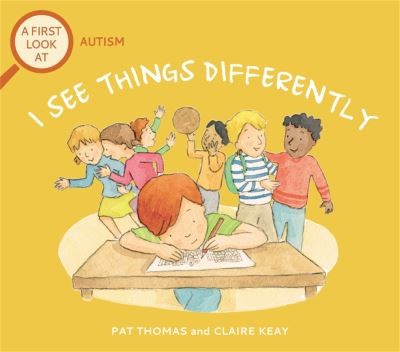 |
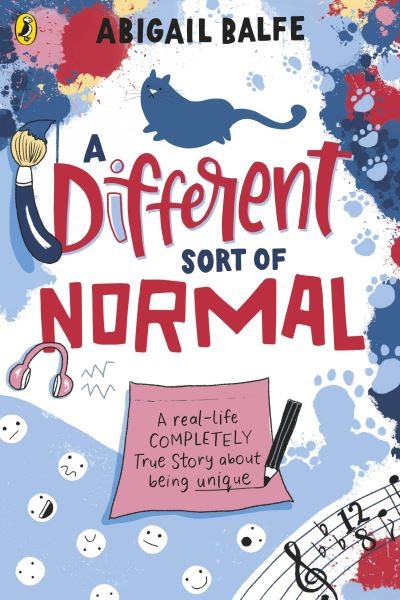 |
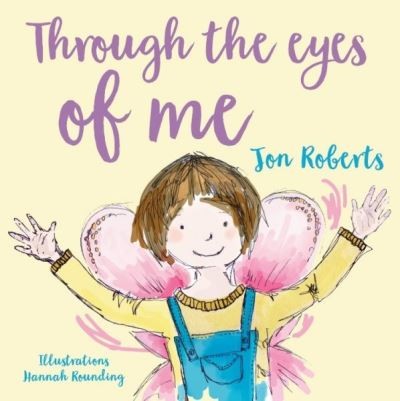 |
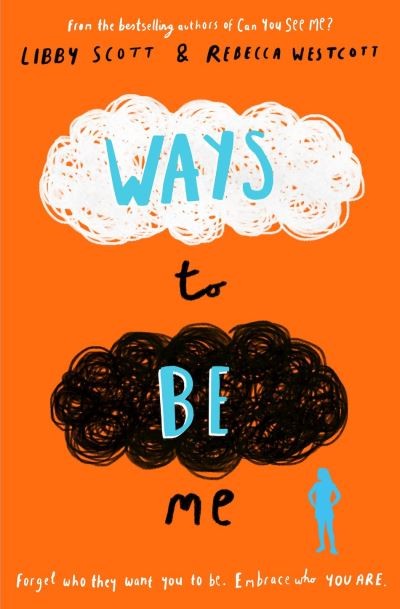 |
|
|
||||
📚 READ NEXT: Reggie HOUSER HAS THE POWER: Q&A with helen rutter







